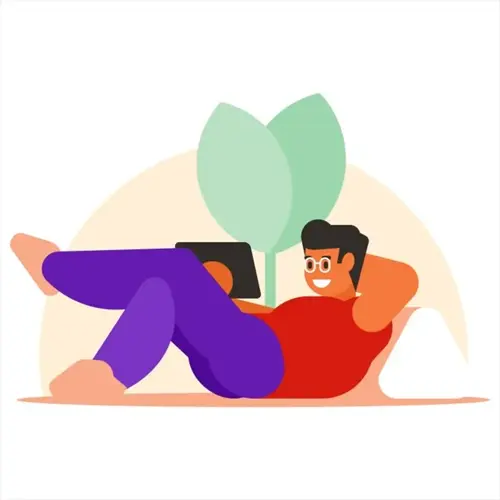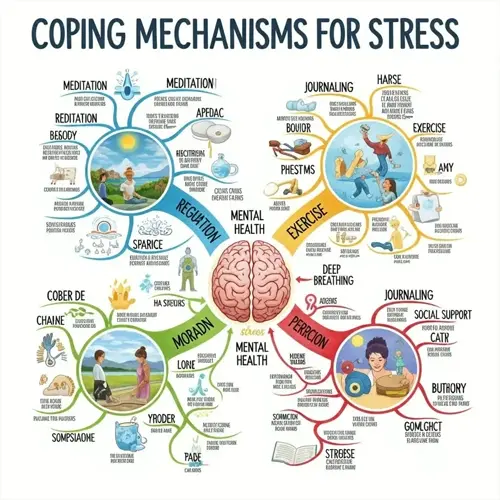How does meditation compare to anti-anxiety medications?

Written by
Gina Mason
Reviewed by
Prof. Benjamin Murphy, Ph.D.Meditation and anti-anxiety medications represent fundamentally different approaches to managing anxiety. While medications provide a biochemical intervention, meditation teaches the skill of self-regulation. Therefore, it is essential to understand the various mechanisms by which these therapies operate to develop effective, integrated treatment plans. Both serve a beneficial purpose, depending on your level of anxiety and personal needs.
Root Cause Addressing
- Meditation develops skills to manage anxiety triggers long-term
- Medications primarily alleviate immediate symptoms
- Combined approaches address both current distress and future resilience
Dependency Factors
- Meditation builds self-sufficient emotional regulation
- Some medications carry dependency risks requiring careful management
- Meditation offers sustainable tools without withdrawal concerns
Research demonstrates that meditation practice provides comparable treatment for anxiety, similar to medications for mild to moderate cases. Studies indicate that both processes reduce the reactivity of the amygdala, as well as cortisol levels. The difference between the two modalities lies in the endurance of the benefits, as the benefits of meditation treatment improve over time. In contrast, the use of drugs must be perpetual. This makes meditation a much more economical treatment for chronic anxieties.
Combined approaches yield the best results for severe anxiety. Medications stabilize chemistry, providing a foundation in biochemistry for a meditation practice. Meditation fosters self-regulation, thereby reducing the long-term need for medication. Always consult health care providers before making treatment adjustments, especially in the case of clinical anxiety disorders.
Meditation cultivates crucial emotional regulation abilities that medications cannot confer. You learn to witness anxious thoughts without reacting, producing mental resilience. This tool transforms your relationship with anxiety. The drugs act on symptoms, while meditation acts on underlying patterns, leading to complete healing.
Read the full article: Meditation and Anxiety: Your Complete Guide

